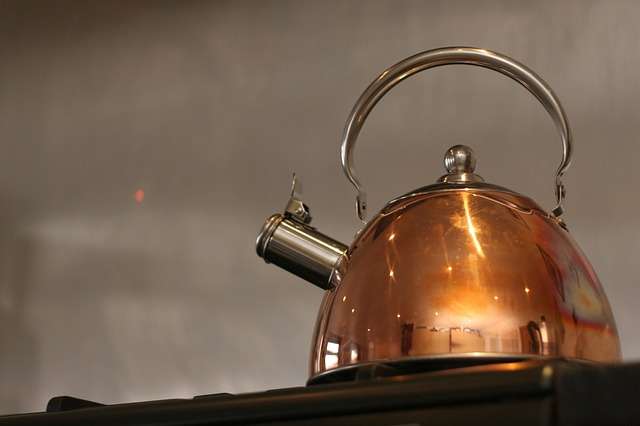Drinking water stored in copper vessels is a practice that has been followed in various cultures for centuries. Copper is an essential trace element required by the human body for various physiological functions. It plays a role in the formation of connective tissue, energy production, and the functioning of enzymes involved in iron metabolism.
While small amounts of copper can be beneficial, excessive intake can be harmful. Drinking water stored in copper vessels can lead to an increase in copper levels in the water, especially if the water is stored for extended periods. Consuming excessive amounts of copper over time can lead to copper toxicity, which can have adverse effects on various organs, including the liver.
Copper toxicity symptoms may include nausea, vomiting, abdominal pain, and in severe cases, it can lead to liver damage. However, it's important to note that copper toxicity from drinking water stored in copper vessels is rare and is more likely to occur with prolonged and excessive exposure.
If you are considering using copper vessels for storing water, it's essential to follow certain guidelines:
- Moderation: Avoid excessive consumption of water stored in copper vessels, and be mindful of the duration of storage.
- Regular Cleaning: Clean the copper vessel regularly to prevent the accumulation of copper residues.
- Quality of Water: Use clean and safe water for storage to minimize the risk of contamination.
- Consultation: If you have any pre-existing health conditions, especially liver-related issues, it's advisable to consult with a healthcare professional before incorporating copper vessels into your routine.
In summary, while there are potential benefits of consuming water from copper vessels in moderation, it is crucial to be aware of the potential risks associated with excessive copper intake. If you have concerns about your liver health or are considering making changes to your water consumption habits, it's always a good idea to consult with a healthcare professional for personalized advice.
News, Health, Travel & Entertainment Telegram Channel Click to Join Infimor
